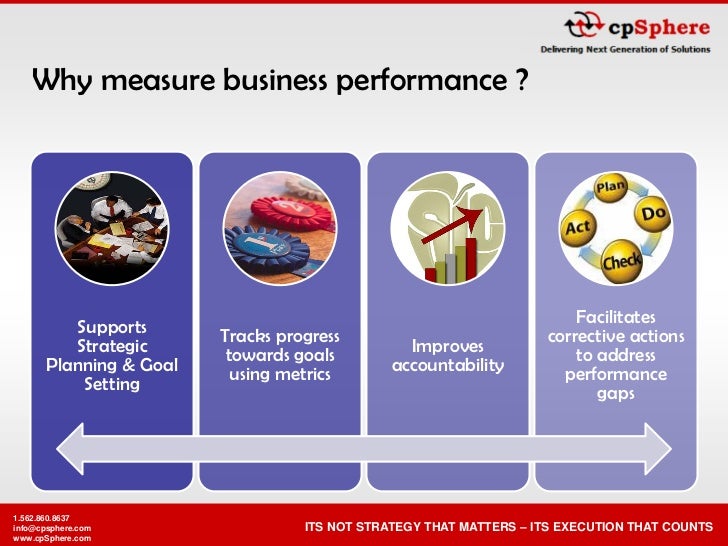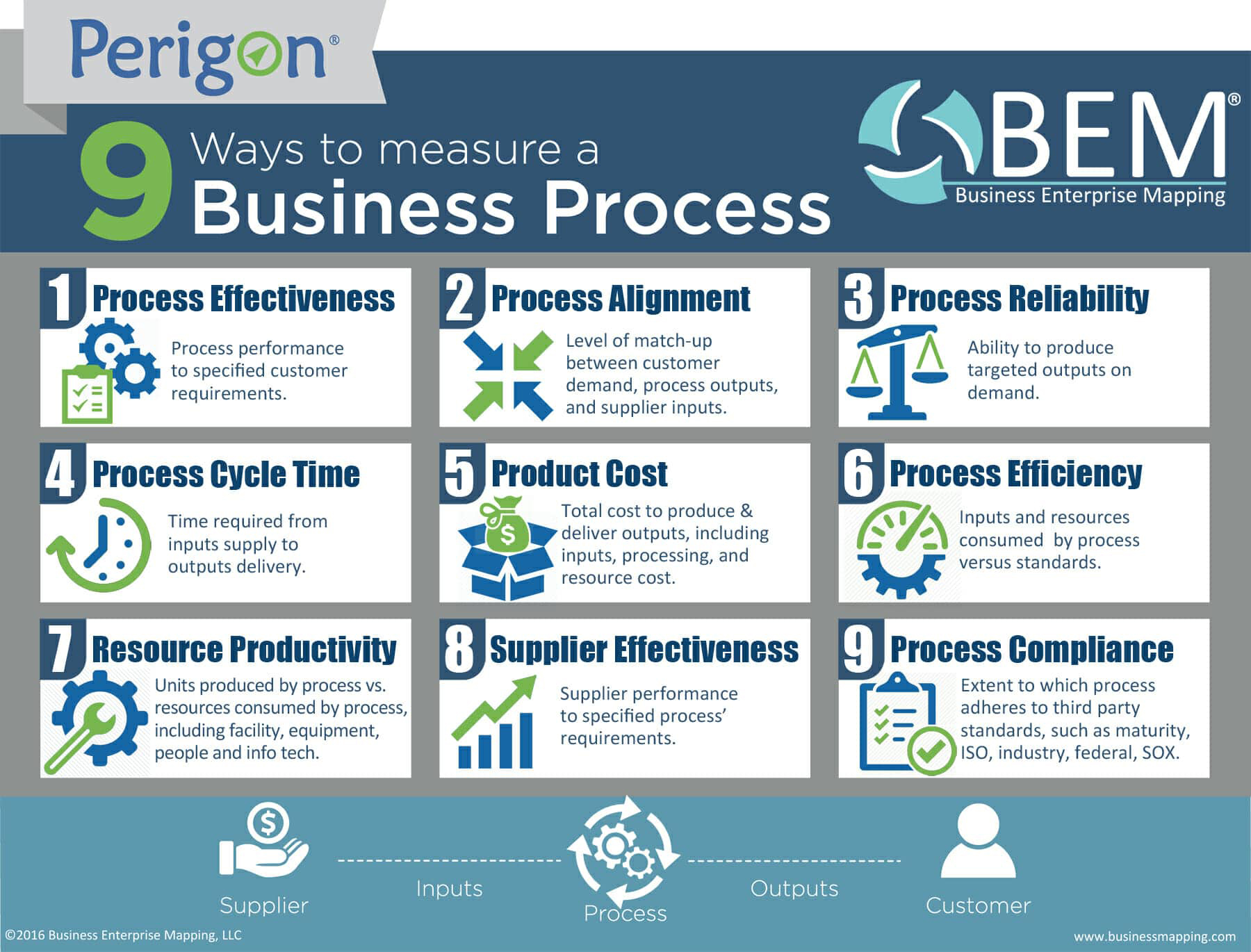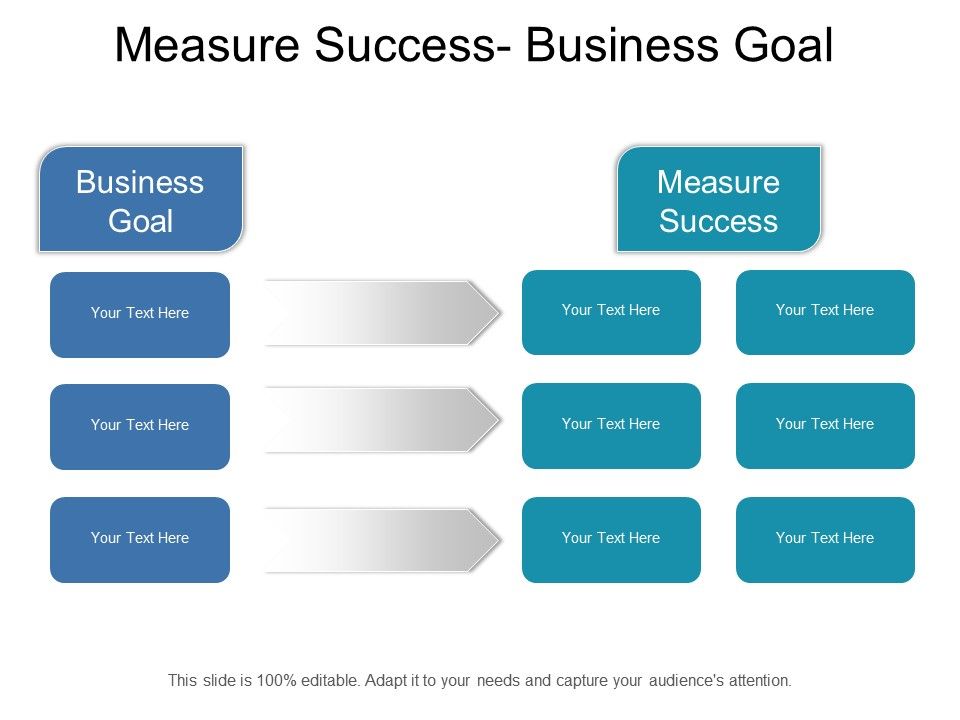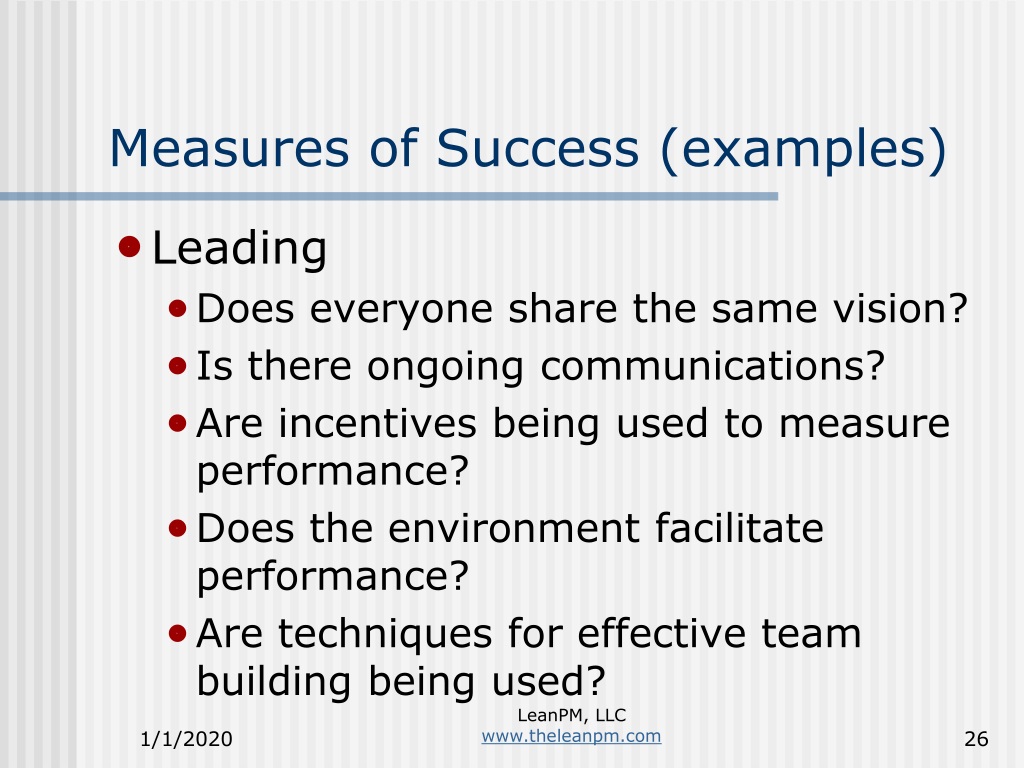Measures Of Success For A Business

In a business landscape increasingly defined by volatility and rapid technological advancement, the age-old question of how to truly measure success has taken on newfound urgency. Traditional metrics like profit alone are no longer sufficient to paint a comprehensive picture of a company's health and long-term viability. Stakeholders are demanding a more holistic approach, one that incorporates employee well-being, customer satisfaction, and environmental impact alongside financial performance.
The core challenge lies in defining and tracking the diverse factors that contribute to sustainable growth and genuine value creation. A focus solely on short-term gains can lead to detrimental long-term consequences. Businesses must adopt a nuanced and multi-faceted approach to measuring their success, adapting to the ever-evolving needs of their stakeholders and the broader global context.
Beyond the Bottom Line: A Multi-Dimensional Approach
For many years, net profit has been the primary, if not sole, indicator of business success. However, this narrow perspective overlooks crucial elements that contribute to a company's enduring prosperity. Today, a more comprehensive evaluation includes factors like customer lifetime value, employee retention, and brand reputation.
Customer satisfaction is now widely recognized as a critical success metric. Happy customers are more likely to become repeat buyers and brand advocates, driving organic growth. Companies are increasingly using tools like Net Promoter Score (NPS) to gauge customer loyalty and identify areas for improvement.
Employee engagement is equally vital. According to a Gallup study, highly engaged teams show 21% greater profitability. Businesses are investing in initiatives that foster a positive work environment, offer professional development opportunities, and prioritize employee well-being to attract and retain top talent.
The Rise of ESG: Environmental, Social, and Governance Factors
Environmental, Social, and Governance (ESG) factors are gaining increasing prominence in the assessment of business performance. Investors and consumers alike are scrutinizing companies' commitment to sustainability and ethical practices. A company's ESG performance can significantly impact its access to capital, brand image, and long-term profitability.
Sustainability initiatives, such as reducing carbon emissions and minimizing waste, are becoming integral to business strategy. Companies are setting ambitious targets and disclosing their environmental impact to demonstrate their commitment to a greener future. This transparency is crucial for building trust with stakeholders.
Social responsibility encompasses a company's relationship with its employees, communities, and the broader society. Fair labor practices, diversity and inclusion programs, and community engagement initiatives are all essential components of a strong social performance. These initiatives contribute to a positive brand image and enhance employee morale.
Governance refers to the system of rules, practices, and processes by which a company is directed and controlled. Strong corporate governance ensures transparency, accountability, and ethical decision-making. It protects the interests of stakeholders and fosters a culture of integrity within the organization.
Data-Driven Decision Making: Leveraging Analytics for Success
In the digital age, data is a powerful tool for measuring and improving business performance. Businesses are leveraging analytics to gain insights into customer behavior, operational efficiency, and market trends. This data-driven approach enables them to make more informed decisions and optimize their strategies for success.
Key Performance Indicators (KPIs) are essential for tracking progress towards specific goals. By monitoring KPIs across different areas of the business, companies can identify areas where they are excelling and areas that need improvement. This allows them to allocate resources more effectively and drive continuous improvement.
Artificial intelligence (AI) and machine learning are further revolutionizing the way businesses measure success. AI-powered tools can analyze vast amounts of data to identify patterns and predict future outcomes. This enables companies to anticipate market changes, personalize customer experiences, and optimize their operations in real-time.
Challenges and Future Trends
Defining and measuring success remains a complex and evolving challenge. There is no one-size-fits-all approach. The specific metrics that are most relevant will vary depending on the industry, company size, and strategic objectives.
One of the key challenges is integrating different metrics and creating a holistic view of performance. Companies need to develop frameworks that allow them to track and analyze financial, operational, and non-financial data in a cohesive manner. This requires collaboration across different departments and a commitment to data-driven decision making.
Looking ahead, the trend towards stakeholder capitalism will continue to shape the way businesses measure success. Companies will be increasingly judged on their ability to create value for all stakeholders, including employees, customers, communities, and the environment. This will require a shift in mindset and a willingness to prioritize long-term sustainability over short-term gains.
"The shift towards a more holistic view of success is not just a trend, it's a fundamental transformation in the way businesses operate," says Dr. Anya Sharma, a leading expert in sustainable business practices. "Companies that embrace this change and prioritize stakeholder value will be the ones that thrive in the long run."
Ultimately, the measures of success for a business are not static. They must evolve to reflect the changing needs of stakeholders and the broader global context. By embracing a multi-dimensional approach, leveraging data analytics, and prioritizing stakeholder value, companies can create a sustainable and prosperous future for themselves and for society as a whole.


















